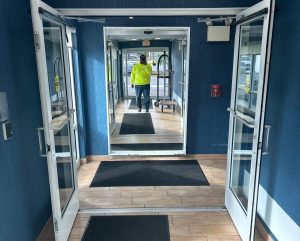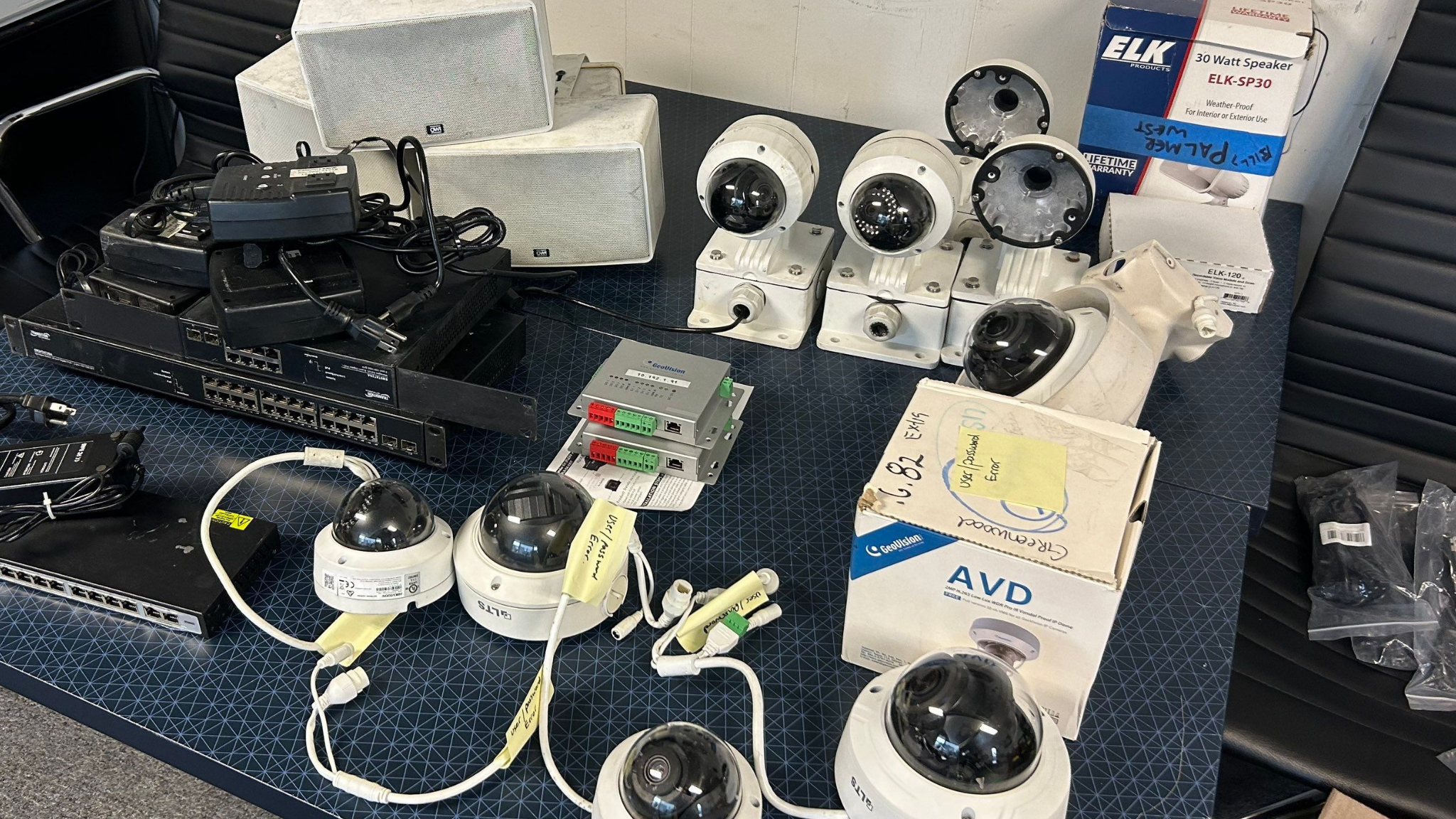Door Access Advances in Hotels: A Modern Approach to Room and Elevator Security
The Rise of Smart Door Access
In today’s fast-paced hospitality industry, staying ahead with technology is more important than ever. One of the most noticeable upgrades in recent years has been in door access control systems. From traditional keycards to mobile-based solutions, hotels are embracing new technology to enhance guest convenience, boost security, and streamline operations.
Evolution of Access Technology
The hospitality industry has shifted from magnetic keycards to contactless systems, and more recently, to smartphone-enabled solutions. These modern door access technologies are transforming how guests enter their rooms, access elevators, and navigate hotel amenities. It’s no longer just about convenience; it’s about creating a seamless experience from check-in to check-out.
Upgrading to these systems also provides hotels with better insight into guest behavior. Access logs can be analyzed to determine usage patterns and improve service efficiency. For example, identifying peak elevator usage times or the most visited amenities allows management to staff accordingly and improve guest satisfaction.

The inside of a door access control system
Mobile Room Keys
One of the biggest changes in door access is the implementation of mobile-room keys. With a simple app download, guests can now:
- Check in remotely
- Gain access to their rooms using smartphones
- Avoid front desk wait times
- Minimize physical contact
Mobile keys are encrypted and time-sensitive, adding an extra layer of security for guests and hotel management. Many mobile access apps are also integrated with digital concierge services, allowing guests to order room service, request extra towels, or check out—all from their phone. This creates an easy digital experience that enhances convenience and supports contactless interactions.

A Hotel Door Access Control System
Elevator Access Control
Beyond room entry, modern door access systems now extend to elevators. Hotels are integrating smart controls that:
- Require guest verification before floor access
- Prevent unauthorized individuals from entering restricted areas
- Ensure only authorized staff and guests can move within designated zones
Elevator door access is especially beneficial in large or luxury properties where privacy is a priority. Some hotels are even introducing personalized elevator settings, where a guest’s floor is automatically registered upon scanning their mobile key, making the ride quicker and more efficient.
Operational Efficiency
Advanced door access systems streamline hotel operations by:
- Allowing remote key assignment
- Monitoring real-time access logs
- Alerting staff to unauthorized entry attempts
This improves accountability and helps resolve issues such as lost keys or guest complaints. It also reduces the need for physical re-keying, saving on labor and maintenance costs over time. Some platforms even allow predictive maintenance notifications, reducing system downtime and ensuring consistent service.
Personalized Guest Experience
Hotels use door access to deliver customized service. Depending on booking type or loyalty tier, guests may receive:
- Exclusive amenity access
- Personalized room preferences
- Early or late check-in/out options managed via app
This boosts guest satisfaction and encourages brand loyalty. When paired with guest profiles, door access technology can help staff anticipate needs, creating a more memorable stay.
Environmental Impact
Eco-friendly door access innovations include:
- Reducing plastic waste through mobile keys
- Automated occupancy detection to control lights and HVAC
- Lowering energy consumption while improving comfort
Hotels that adopt green technology initiatives also appeal more strongly to sustainability-minded travelers, supporting both the environment and brand image.
Security and Training Challenges
Implementing new door access systems does come with considerations:
- Cybersecurity risks require encrypted data and strong networks
- Staff must be trained to manage and troubleshoot new platforms
To address this, many system providers offer ongoing support and certification programs. Ensuring IT and front desk staff understand system updates and functionality is essential for long-term success. Regular audits and testing can also help prevent data breaches and build guest trust.
Future of Door Access Technology
Expect to see further innovations such as:
- Biometric verification (fingerprint, facial recognition)
- Voice-activated access
- AI-driven guest movement tracking
- Smart wearables for room and amenity access
These developments promise to push door access systems beyond convenience into intelligent, adaptive security. Guests may soon be able to unlock their rooms with a glance or voice command, completely redefining the meaning of contactless service.
What’s Next for Hotel Access
The future of the hospitality industry lies in smart, secure, and seamless door access solutions. These systems protect guests and staff while enhancing experiences with convenience and personalization. As technology continues to evolve, hotels that adopt modern door access systems will meet rising expectations and lead the industry forward.
Whether you’re a hotel manager planning an upgrade or a traveler intrigued by hotel tech, door access innovations are reshaping the industry.
For help with any project or installation in the New Jersey or Philadelphia area please call us at 877-832-1206.
For more ideas please visit – https://www.bridgecable.com/services/
For more information and educational content please visit:
https://www.youtube.com/@BridgeCable
Copyright © 2025 Bridge Cable. All rights reserved.
Mailing: 2745 Terwood Road, Willow Grove, PA 19090
Warehouse: 2066 W. Hunting Park Ave, STE 308, Philadelphia, PA 19140
Related Posts

The Importance of Structured Cabling at the Philly Sports Complex

What Are the Different Types of Access Control Systems?

